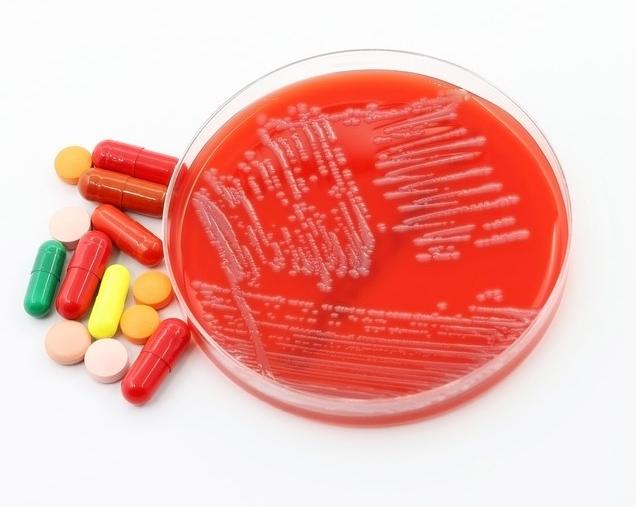
The organizations collectively known as the Quadripartite today released a set of recommendations and priorities to be considered at the upcoming United Nations (UN) High-level Meeting (HLM) on Antimicrobial Resistance (AMR).
The group, which comprises the World Health Organization, the World Organization for Animal Health, the UN Food and Agriculture Organization, and the UN Environment Programme, is the latest to make recommendations ahead of the September meeting, which will conclude with a political declaration that will guide global efforts to address AMR. The Quadripartite said that, while the 2016 UN HLM on AMR was a "landmark" in global commitment to tackle AMR, the progress made since then has been insufficient, and greater urgency is needed.
"The HLM on AMR presents a unique opportunity for global leaders to invest in the present and secure our future by enabling effective national and global actions to save millions of lives, safeguard animal health, food safety, food security, protect the environment, and fortify economies against the threats of AMR for years to come," the group said in its policy brief.
Key recommendations
In the brief, the Quadripartite makes five recommendations for UN member states to consider including in the political declaration. The first is to implement measures for effective sub-national, national, regional, and global governance, leadership, and organization. This should include updating the 2016 Global Action Plan on AMR, ensuring that national action plans on AMR include all relevant sectors and have an appropriate accountability framework, formally recognizing the Quadripartite Joint Secretariat as the central coordinating mechanism for the global One Health response to AMR, and creating an independent panel on evidence for action on AMR.
The document also calls on member states to allocate adequate, predictable, and sustainable financing for the AMR response; to commit to actionable targets and bolster monitoring and strategic information systems to guide and accelerate the AMR response; to prevent the emergence and spread of AMR through system-wide transformation across human, animal, plant, and environmental sectors; and to urgently address the crises surrounding research & development and access to effective medication, diagnostics, and other measures.
The HLM on AMR presents a unique opportunity for global leaders to invest in the present and secure our future by enabling effective national and global actions to save millions of lives, safeguard animal health, food safety, food security, protect the environment, and fortify economies against the threats of AMR for years to come.

.jpg)














